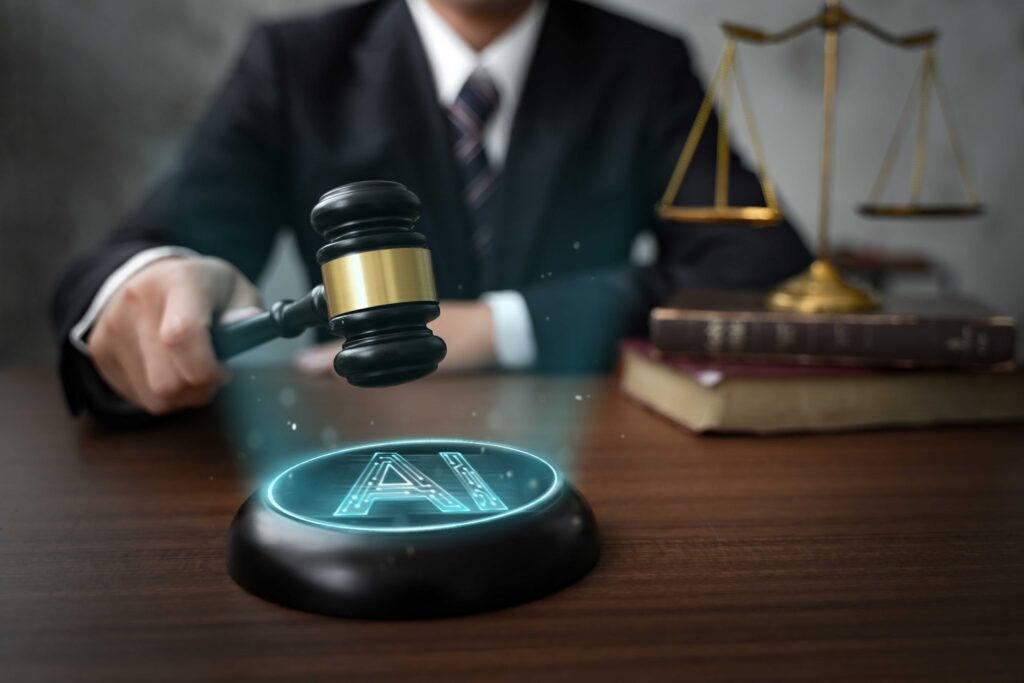Beware the pitfalls of relying on AI for legal advice

By Auren Freitas dos Santos
In today’s fast-paced digital age, the rise of artificial intelligence (AI) has led to unprecedented advancements in various industries, including the legal sector. AI-powered tools, like ChatGPT, have been lauded for their efficiency and convenience in assisting with legal research and advice. However, as a recent case at the Johannesburg regional court highlights, relying solely on AI for specialised legal advice, especially in areas like sectional title and homeowners associations, can lead to disastrous consequences.
The case in question involved a woman suing her body corporate for defamation. The plaintiff’s attorneys turned to ChatGPT for assistance in finding relevant case precedents to support their client’s arguments. However, the court eventually discovered that the references provided by ChatGPT were entirely fictitious and inappropriate for the defamation suit between a body corporate and an individual.
“The names and citations are fictitious, the facts are fictitious, and the decisions are fictitious,” stated the judgment, leading to a punitive costs order for the lawyers’ client. The Magistrate noted that the lawyers’ over-reliance on AI technology had compromised the integrity of the legal process and emphasised the importance of supplementing AI research with traditional independent reading.
This incident serves as a stark warning to owners, trustees and managing agents seeking legal advice from ChatGPT. While AI can undoubtedly streamline legal research and offer quick access to vast amounts of information, it cannot replace the invaluable expertise and insight of well-versed attorneys. Here are some crucial reasons to avoid relying solely on AI for specialised legal matters, such as those concerning sectional title and home owners associations:
1. Inaccurate Information: AI systems like ChatGPT rely on the data they’ve been trained on, and sometimes the sources of information may be unreliable or outdated. As seen in the case, the references provided were not only inaccurate but also unrelated to the specific legal matter at hand, leading to a misguided claim and wasted time.
2. Lack of Contextual Understanding: AI lacks the ability to fully grasp the nuances of legal contexts and complexities that skilled lawyers possess. Legal disputes often require a deep understanding of the intricacies of the law, which AI may not be able to provide accurately.
3. Personalised Legal Strategies: Each legal case is unique, and attorneys tailor their strategies based on the specific circumstances of their clients. AI lacks the capability to consider the individual details and nuances required to devise an effective legal approach.
4. Ethical Considerations: AI is programmed to provide information but cannot offer ethical guidance. Lawyers, on the other hand, adhere to a professional code of ethics, ensuring that their advice considers the moral and legal implications of a given situation.
5. Limitations in Interpretation: Legal issues often involve the interpretation of laws and precedents. While AI can provide references, it may struggle to analyse and interpret the finer points of complex legal arguments.
In conclusion, while AI technology has its merits, it is essential to recognise its limitations, especially in the realm of specialised legal advice. For matters pertaining to sectional title and home owners associations, relying solely on AI like ChatGPT could lead to disastrous outcomes, as demonstrated in the aforementioned case.
The Community Schemes Advisory encourages owners, trustees and managing agents to seek guidance from experienced attorneys who possess the necessary expertise and contextual understanding to handle their complex legal matters effectively. Remember, a dose of good old-fashioned independent reading and relying on seasoned legal professionals is still the best course of action to ensure your legal rights are protected.


Sorry, the comment form is closed at this time.